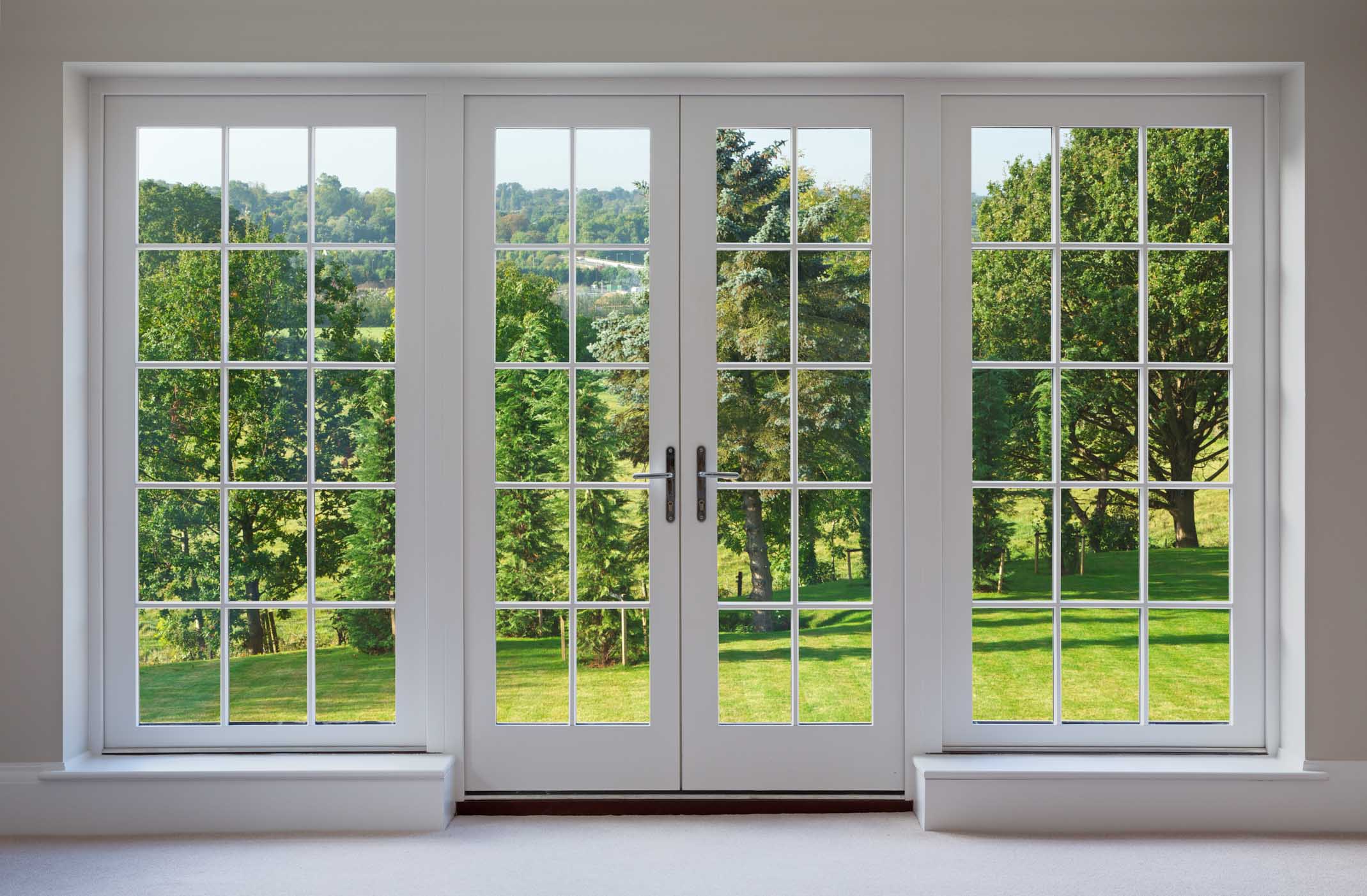All Categories
Featured
Table of Contents
Guide To Double Glazing – Functional And Energy Efficient in Karrinyup Perth
That window can transfer more solar heat in winter than in summertime. A west-facing window on a summer season's afternoon has an angle of occurrence from near 0 as much as 30 with a large effective location of solar radiation. A north-facing window, in summer season, has a high angle of incidence and a low efficient area of solar radiation, so can send less heat than a west-facing one.

You can quickly and easily improve the thermal performance of your house by changing your windows. There are thousands of types of glass and frames to pick from.
Sustainability in Floreat WA
Single glazing with clear glass is not extremely efficient when it comes to heat loss or gain. To enhance efficiency, you can use single glazing with a more energy-efficient type of glass such as low emissivity (low-e) glass.
Numerous layers can be put together with sealed cavities in between each sheet of glass. IGUs typically offer much better energy efficiency than single glazing, due to the fact that they send less energy. The energy performance of IGUs also depends on: the homes of each layer of glass. Various glass types (for example, clear and low-e glass) can be assembled in an IGU.
Insulated Glass Unit – Igu in Mundijong Perth

IGU cavities can be filled with air or a more inert, low-conductivity gas such as argon the width of the cavity. Larger cavities provide lower (much better) U worths, with 12mm typically accepted as the preferred gap how well the cavity is sealed.
If argon is installed to the cavity in place of air, moisture is dependably left out the level of desiccant (drying representative). The spacer (metal or polymer strip) that separates the glass layers includes a desiccant to absorb any wetness. Inadequate desiccant may cause moisture to condense on the glass surface in cold conditions, lowering thermal performance.
Brisbane's Best Double Glazed Windows in Maylands Western Australia
IGUs can provide better energy performance for all climates, especially in heated and air-conditioned homes. Cross-section detail of single, double and triple-glazing systems Low emissivity glass (typically known as low-e glass) decreases heat transfer. Low-e glass may be either high or low transmission: High transmission low-e glass has a coating that allows daylight from the sun to enter the home to achieve great solar heat gain, however decreases the quantity of the long wavelength infrared heat that can escape back through the window.
Low-e glass has either a pyrolytic coating or a vacuum-deposited thin film metal covering. Pyrolytic finishes are long lasting and can be used for any glazing; vacuum-deposited finishes are soft and are only utilized within IGUs. Low-e coverings can considerably enhance both U worth and SHGC; however, they must be utilized correctly or they will either deteriorate or fail to perform as required.
Double Glazing Vs Triple Glazing For Windows (2023) in Bullsbrook WA
Low-e finishings can be used in combination with clear, toned or reflective glass. Low-e finishings on glazing can reduce heat transfer where needed Image: Department of Market, Science, Energy and Resources Toned glass has actually colouring ingredients consisted of throughout manufacture. It is readily available in different colours, usually bronze, grey, blue and green.
Latest Posts
Reglazing Single Glazed Windows With Double Glazed Units in Yokine Western Australia
Double Glazed Windows in Wattleup Perth
Why You Need Secondary Glazing In The Summer in Viveash Perth